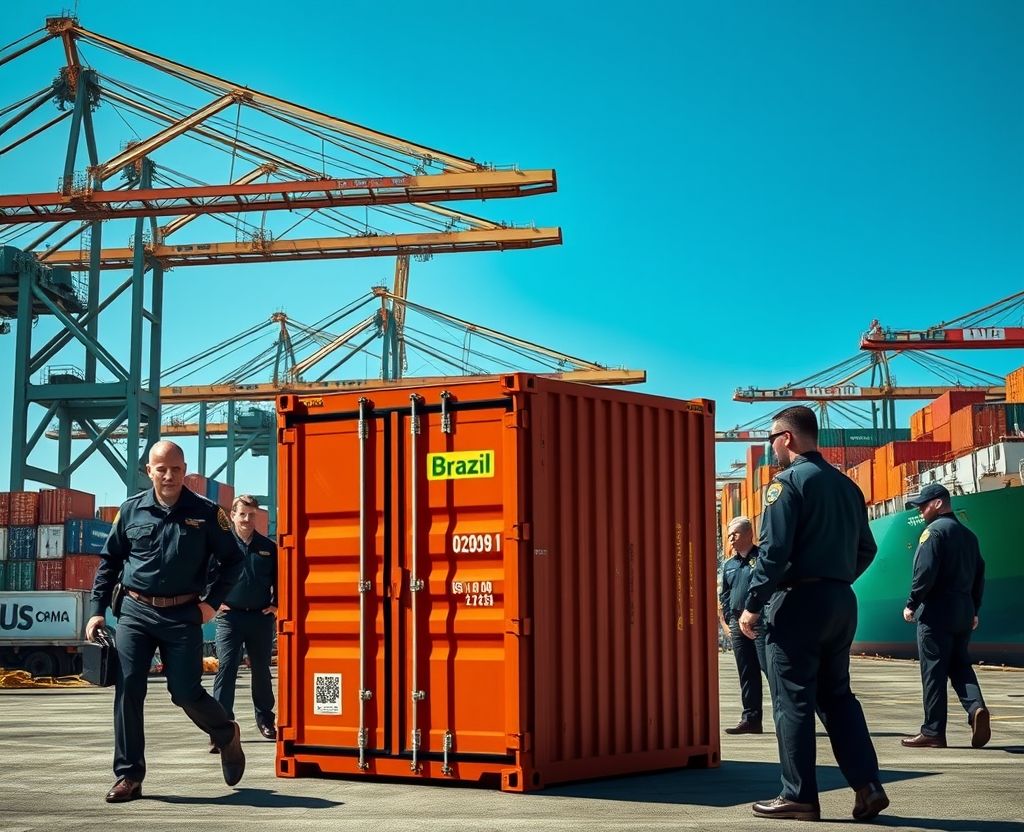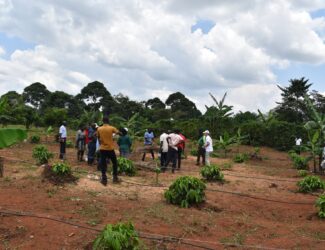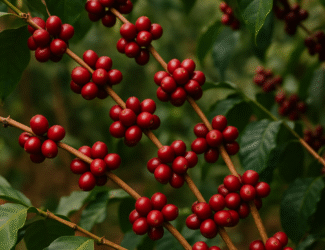
U.S. Tariff Threats Stir Tensions, But Global Coffee Prices Fall Amid Harvest Pressure
As the United States prepares to impose 50% tariffs on Brazilian coffee imports starting August 1, fears of supply disruptions briefly buoyed arabica prices. However, market momentum quickly reversed as Brazil’s harvest accelerated and global coffee supplies continued to build, driving prices downward.
The tariff move, announced by President Donald Trump, targets Brazilian coffee, orange juice, beef, and regional aircraft. The political backdrop centers on the Brazilian Supreme Court’s ongoing trial of former President Jair Bolsonaro—a close ally of Trump—and the prosecution of U.S.-based tech firms in Brazil.
While the coffee industry initially reacted with alarm, Friday’s trading session told a different story. September arabica coffee futures (KCU25) closed down 0.45%, while robusta futures (RMU25) plummeted by 3.13%, reaching a 14-month low.
Market Fundamentals Override Political Shock
The tariff announcement caused short-term volatility but failed to offset the pressure from Brazil’s ongoing harvest. According to Safras & Mercado, 69% of Brazil’s 2025/26 harvest was completed by July 9—well ahead of the 5-year average. Notably, 88% of robusta and 58% of arabica harvests were already in. Cooxupé, Brazil’s largest coffee cooperative, reported 40% completion as of July 4.
Despite tariff fears, analysts said that plentiful supply is outweighing geopolitical risk. The USDA forecasts Brazil’s 2025/26 coffee production will reach 65 million bags, with Vietnam, the top robusta producer, expected to hit 31 million bags—a four-year high.
Meanwhile, the USDA’s global outlook remains bearish:
-
World coffee production projected to grow 2.5% year-on-year to a record 178.68 million bags.
-
Robusta output is set to rise 7.9%, while arabica may decline by 1.7%.
-
Ending stocks expected to grow by 4.9% to 22.82 million bags.
At the same time, Volcafe anticipates a widening arabica deficit of 8.5 million bags for 2025/26—the fifth consecutive year of shortfalls. However, this structural shortage has yet to outweigh the immediate impact of harvest surpluses and rising inventories.
Coffee Tariffs May Hit U.S. Consumers, Brazilian Economy
While global markets are preoccupied with supply dynamics, the diplomatic fallout from Trump’s tariff plan is still developing.
Brazil’s Coffee Exporters Council (Cecafé) warned that the 50% tariff would hurt producers and U.S. consumers alike. “This will damage jobs, income, and competitiveness in Brazil and raise prices for American consumers,” said Marcos Matos, Executive Director of Cecafé.
Brazil currently accounts for 30% of U.S. coffee imports, making it the largest supplier. Any significant shift in this flow could force American roasters to source costlier alternatives, particularly amid low global stock levels and climate-driven supply volatility.
Brazilian President Luiz Inácio Lula da Silva has vowed reciprocal action but said his administration will prioritize diplomacy. Industry leaders are urging negotiations to continue until the last moment to avoid economic damage on both sides.
Outlook: Political Risk Meets Harvest Reality
Despite political noise, coffee prices are currently being driven more by fundamentals than foreign policy. Tariff threats may escalate diplomatic tensions and stir short-term concern, but analysts point to accelerated harvests, strong Vietnamese exports, and growing global inventories as the dominant price factors.
Still, if tariffs are implemented in August, the medium-term impact on U.S. retail coffee prices could be significant—especially for major importers reliant on Brazil’s arabica beans.
As markets brace for the next move, the coffee industry finds itself at the intersection of geopolitics and global supply pressure—where diplomacy, climate, and demand will ultimately shape the cup.



